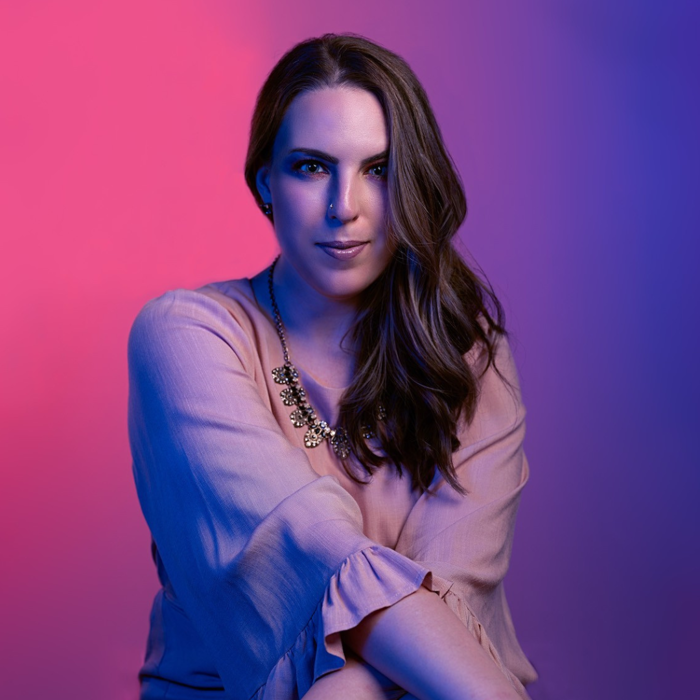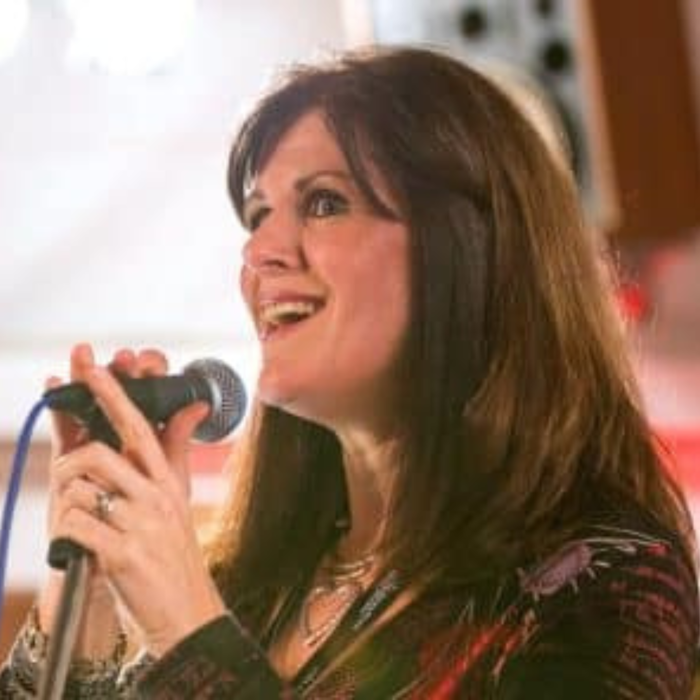The Contemporary Classical Singer: Incorporating New Music into Vocal Pedagogy!
Thursday 26th June 2025, 5:00 PM - 7:00 PM (London Time)
Tuesday 1st July 2025, 5:00 PM - 7:00 PM (London Time)
Today, vocalists are expected to perform in a variety of styles from bel canto to contemporary classical, musical theater, experimental, pop, etc. This shift from specialized technique to pluralistic embrace has been compelled by a number of factors: increased social awareness and criticism of classical music’s elitist past, growth of minority populations, the reliance of non-profit performance organizations on selling tickets in large venues, habitual programming of canonic “favorites” that may resonate less with younger audiences, and the subsequent decline of audiences.
These factors have seemingly intensified since public performances have returned following the COVID-19 pandemic. In an effort to show that they are moving beyond the elitism of the past, composers and classical music organizations have begun to brand their projects as “anti-establishment,” more frequently embracing popular music styles, big tech, and more relevant or accessible sounds to draw in new audiences. Traditional approaches to vocal pedagogy in higher education have endured, and with few exceptions, sidelined contemporary classical repertoire or vocal techniques. Ultimately, I argue that voice teachers have an ethical obligation to incorporate contemporary repertoire and pedagogical tools into voice lessons early and often. Because some audiences are drawn to programs of familiar and beloved works, canonic works will continue to be performed. However, an obsession with repertoire of the past can limit the growth of singers in regard to expressivity, flexibility, economic opportunity, and the ability to engage with contemporary music. Performing new music that explores themes that are relevant today, reflect on contemporary social and political issues, and that incorporate a diverse array of styles and genres is not only beneficial to singers, but to contemporary audiences as well.
In this two-part course, I will discuss industry trends, cultural pressures to move beyond the canon, and economic opportunities singers could more widely enjoy if afforded not only pedagogical knowledge related to contemporary works, but also foundational tools for continued research and promotion of these works. Drawing on extended interviews with professional singers, composers, and conductors in the “new music” scene, I will discuss the vocal strengths and deficiencies that working artists in the field observe. In the second class I will provide learning tools for taking on compositional challenges of new music and offer some curricular strategies for incorporating new music into the curriculum for singers.
🏷️ Price £50 (UK VAT inclusive)
🎥 Recording automatically sent to all who book (even if you cannot attend live)
▶️ Rewatch as many times as you like
📜 Certificate of attendance available
Page Stephens
Page Stephens is a mezzo soprano, voice teacher and arts administrator based in Austin, TX with a soft spot for new music. Stephens has premiered works by Reena Esmail, Matthew Lyons, Donald Grantham, Thomas B. Yee, Katherine Pukinskis, Dana Lyn, Adrienne Inglis, Russell Podgorsek, Mark Kilstofte, and many others.
Sorry, this is an archived short course...
We have plenty of upcoming short courses coming soon. See details of some of them below or look at the full list of short courses.

Thursday 26th June 2025
5:00 PM - 7:00 PM
Tuesday 1st July 2025
5:00 PM - 7:00 PM
(London Time)
The Contemporary Classical Singer: Incorporating New Music into Vocal Pedagogy!

Page Stephens
There are evolving expectations for vocalists, who now need to perform in a variety of styles beyond traditional classical music. In this two-part course, Page Stephens argues that voice teachers should incorporate contemporary repertoire and techniques into their lessons to help singers grow in expressivity, flexibility, and economic opportunities. The course will cover industry trends, cultural pressures, and economic benefits of contemporary music, and provide tools for integrating new music into vocal education. Interviews with professionals will highlight the strengths and weaknesses observed in the field, and strategies for teaching new music will be discussed.


Wednesday 2nd July 2025
2:00 PM - 4:00 PM
(London Time)
The identity politics of accent learning!

Jenru Wang
Jenru Wang has an MFA in Voice Studies with distinction from The Royal Central School of Speech and Drama in London - in this session, he will begin to explore the complexities accent coaches might face in their work, examining the intersection of language, identity, and cultural sensitivity. Participants will explore how to navigate challenging situations in different contexts and understand what to do—and avoid—when working with diverse clients and materials.


Thursday 3rd July 2025
5:00 PM - 7:00 PM
(London Time)
Vocal “Decathletes” – inside the hidden world of Session Singing!

Kim Chandler
What is a session singer? Officially it’s a freelance, short-term “singer for hire” brought in to be part of a live or recorded musical project. However, it’s more generally understood to be the “behind-the-scenes” singer who is regularly booked for paid recording work. The type of work (and pay) varies a lot. Session singing is a side of the music industry that is largely hidden from the public and isn’t easy to find out much about, even online. Join Kim Chandler as she unpicks this topic, based on 35 years of session singing!
